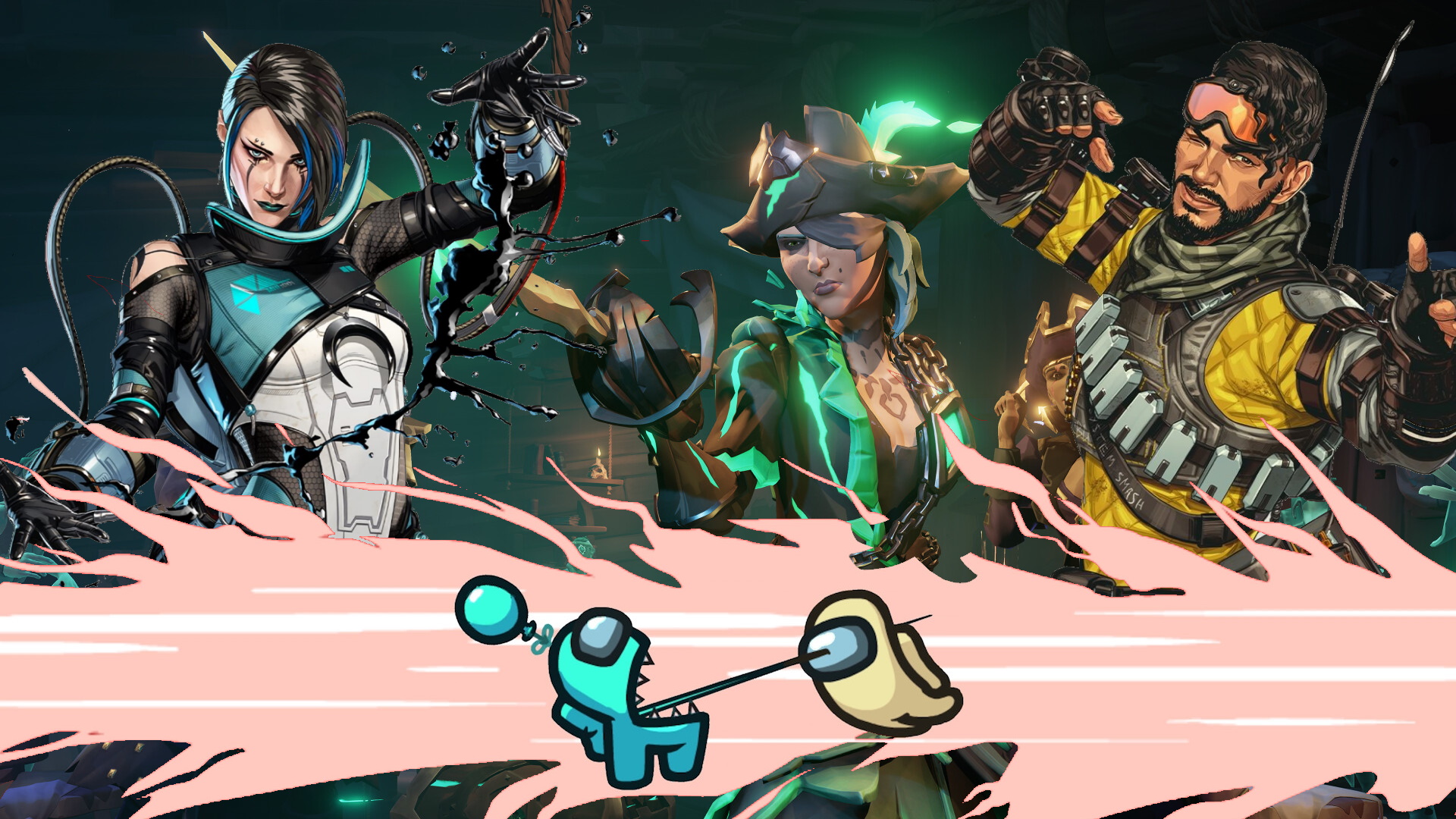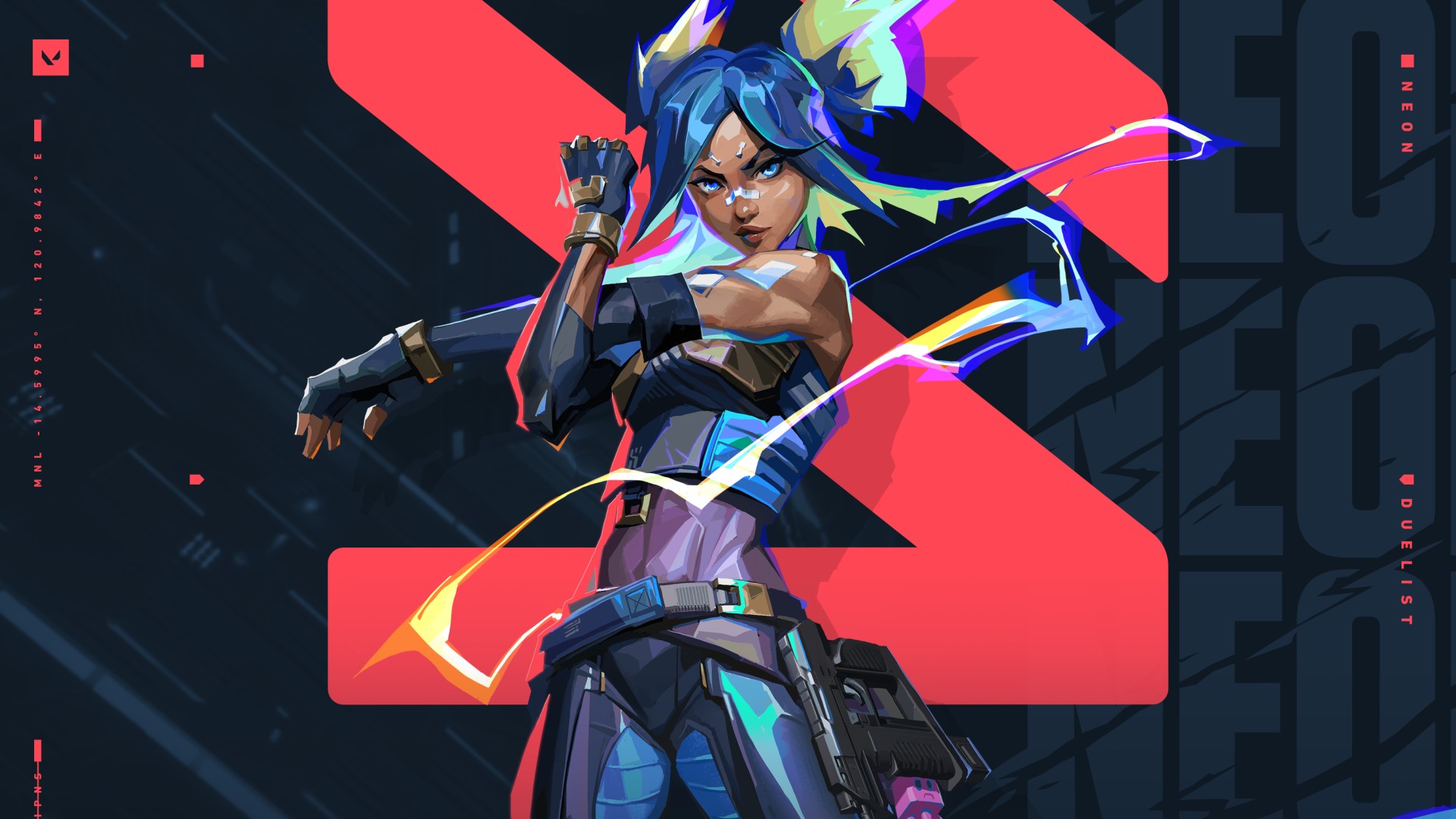Valorant now letting players turn off its anti-cheat when not playing
Obviously it needs to go back on if you fancy a match or two
As you may know by now, Riot's new tactical FPS, Valorant, has an anti-cheat system that's come under fire over the last few weeks for allegedly being a bit invasive. The reason for this is that the software, named Vanguard, runs a kernel-level driver at start-up, giving it full administrator privileges. For obvious reasons, this has raised concerns that Riot are giving themselves access to, well, everything you have tucked away in that PC of yours. They're trying to alleviate concerns now, though, by making Vanguard appear in your system tray, and allowing you to shut it down from there if you don't want it constantly running.
Of course, if you turn off Vanguard you won't actually be able to play Valorant, as this will put your machine in an "untrusted mode" until you reboot your PC. If turning it off isn't quite enough for you, you'll be able to uninstall the software from the system tray, too (which you've always been able to do from your Windows settings, this just makes it easier). Note that Valorant will automatically reinstall Vanguard the next time you launch the game, however.
This doesn't really change how the anti-cheat works, it just makes it a bit more transparent to players that it's actually there, and gives a little more control over it.
It seems like that control is needed for players that use software for monitoring CPU temperature, as some of the more common concerns are that Vanguard blocks things like CPU-Z, Core Temp and HWMonitor. Looks like there's a good reason for this, however - I'm iffy on the tech though, so I'll let Reddit user "nandrom" explain:
"HWMonitor loads a driver that can be abused by third party applications to read and write physical memory, read and write MSRs, perform IO operations (privileged); all from user modes. It's unsafe to load anyways and they're blocking it because it can be potentially used by hackers to read and write memory for the game."
The developers acknowledge this in their post, too, saying:
"For the folks that do get a notification indicating that something was blocked, 9 times out of 10, the particular software has a known vulnerability or is being exploited in the wild. Cheaters (and malware) typically use vulnerable drivers to load their code in the kernel and attack the operating system."
While they are “trying very hard to minimize the amount of software [they] block using Vanguard," Valorant’s anti-cheat lead, Paul Chamberlain, simply suggests that for now you should try updating "insecure software or drivers". As vague as that advice is, for any innocent players having useful applications blocked, this is probably the best you're gonna get at the moment.
Despite Vanguard being pretty hot on halting suspicious software, Riot have already started banning cheaters that do manage to slip past the system. They're still pretty confident in their anti-cheat though, and they'll pay big bucks to anyone who exposes flaws in it.
If you're playing in the closed beta or want to prepare, check out our Valorant character guides.









.jpg)
.jpg)